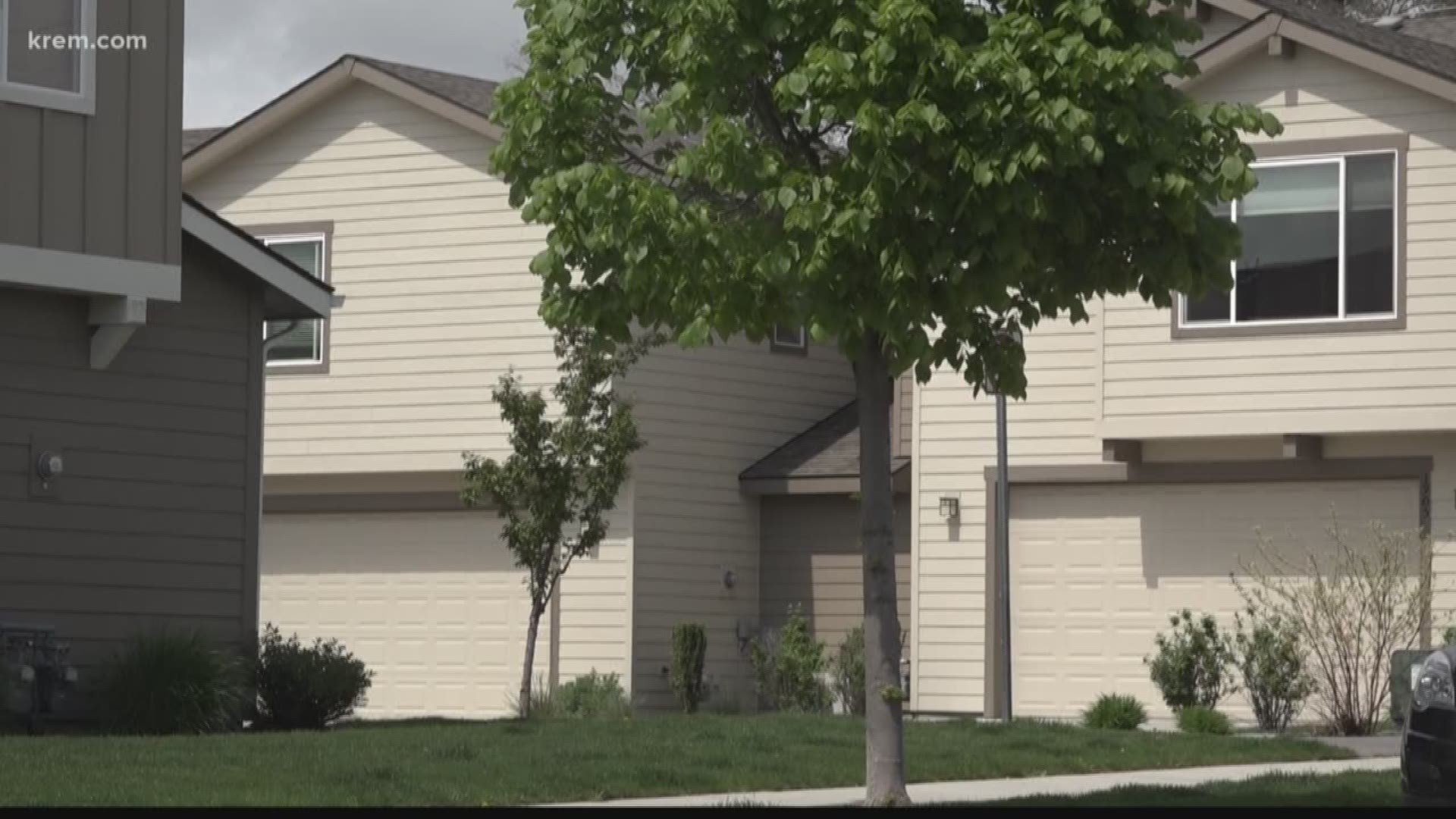SPOKANE, Wash. — Hundreds of new laws took effect in Washington this weekend and two of them installed new protections for renters in the state.
Both laws work to give tenants more time, whether it be to deliver rent payments or to move out preceding rent hikes.
More advanced notice
Once your lease or rental agreement is up, landlords can of course choose to increase your rent.
In Washington, they need to give renters at least 30 days advance notice before they can do that.
One of the new laws makes that 60 days – except for subsidized housing, which stays at 30.
It's a change nearly everyone agrees will give renters some much-needed flexibility in a tight housing market.
"It'd give them an opportunity to seek other dwellings that they can afford," said Violet Lavatai, the interim co-director of Washington's Tenants Union. "A lot of evictions... [come from] when [tenants] get their rents increased. They don't have the means to pay for that. Some of them are working already two or three jobs just to pay the monthly rent."
"Those things don't bother landlords," said Steve Corker, the president of the Landlord Association of the Inland Northwest. "We recognize the hardship it is for tenants...to find another place to live."
Longer pay-or-vacate periods
The other law is more controversial.
Until now, if you missed a rent payment, your landlord can give you a notice that explains you must pay up within 3 days or they'll start eviction proceedings.
Now that number has been changed to 14 days.
The Tenants Union says the extra time is crucial.
"It's a big victory. We're constantly having tenants get the 3-day pay-or-vacate notice," said Lavatai. "In three days you cannot get resources or try to find an avenue to get help in paying your rent."
But landlords are concerned that change, plus others that give judges room to give tenants even more leeway, may result in lengthy eviction proceedings costing them a lot of time and money.
"The majority of our small landlords have mortgages, and I don't know how many small landlords with one or two properties can go five or six months without making their mortgage payments," said Corker. "It's creating an unusual hardship for small landlords... and most of the low-income housing provided in Spokane comes from small landlords."
No fee-based evictions
One other change to the laws, which is included in the law extending pay-or-vacate periods, deals with fees.
Now, landlords can no longer evict simply for failure to pay various fees, such as legal costs or late payments.
The only type of failure-to-pay eviction allowed is now failure to pay rent itself.
Landlords who want to pursue those fees must do so through other avenues like small claims court.

